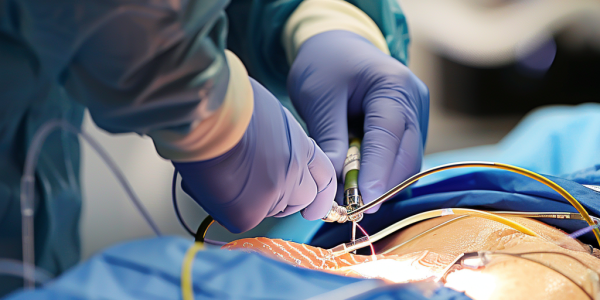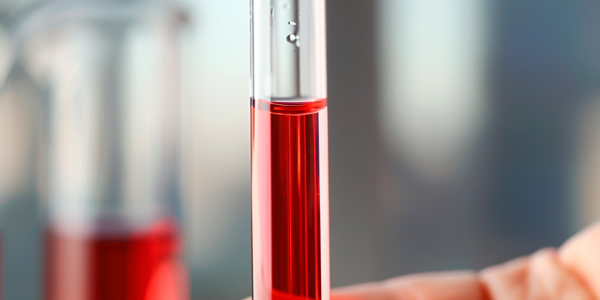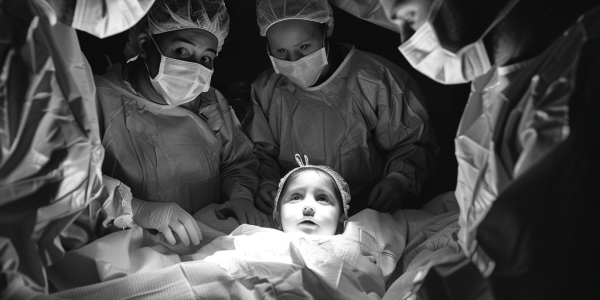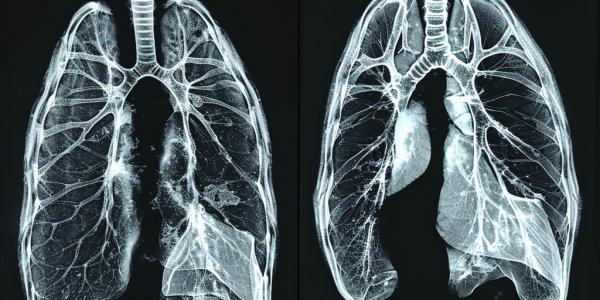Rising Brain Infections in Coastal and Rice Belt Regions During Monsoon
Coastal areas and rice belt population in India are facing a severe risk of brain infections during the monsoon season, with children and the elderly being the most vulnerable. Dr. Sanjay Pandey of Amrita Hospital emphasizes the importance of awareness, preventative measures, and healthcare worker involvement to address this growing public health issue.
Groundbreaking Study Reveals Neural Predictors of OCD Treatment Response
A groundbreaking study published in Nature Medicine reveals the use of deep brain stimulation therapy for treating OCD. Researchers identified neural predictors of clinical response in patients, showing promising results. This research highlights the potential of continuous intracranial monitoring to improve treatment outcomes for individuals with treatment-resistant OCD.
Revolutionary Pulsed Field Ablation Treatment for Atrial Fibrillation Making Waves in Medical Field
Discover the revolutionary treatment approach for atrial fibrillation (AF) with pulsed field ablation (PFA). This cutting-edge technology is set to outshine traditional methods, offering enhanced safety and efficacy in addressing heart rhythm disorders. With recent FDA approvals and market milestones, PFA is poised to transform AF treatment in the US, promising a brighter future in cardiac care.
Novel Blood Test Improves Cancer Treatment Strategies
University of Zurich and University Hospital Zurich have developed a novel blood test that revolutionizes cancer treatment strategies. The liquid biopsy method offers a less invasive and more practical approach to monitoring treatment effectiveness, providing valuable insights into tumor activity and spread. This personalized approach allows for tailored treatment plans, improved outcomes, and early detection of cancer recurrence.
Probiotic Breakthrough in MS Management
Discover the groundbreaking study on a juice-based probiotic’s ability to inhibit toxin-producing bacteria linked to multiple sclerosis (MS). Learn how this innovative approach offers a natural and potentially more tolerable option for managing MS symptoms, providing hope for patients seeking alternative treatments.
Groundbreaking Discovery in Lupus Research Reveals Potential Cure
Groundbreaking discovery in lupus research reveals a molecular defect driving the pathologic immune response in systemic lupus erythematosus. Reversing this defect could potentially lead to a cure for the disease, offering hope for over 1.5 million affected individuals in the US. Current treatments for lupus fall short, but researchers have identified a specific cause that may mitigate side effects associated with existing therapies. By targeting key mediators, the team aims to suppress the autoimmune response imbalance in lupus patients, unveiling a novel pathway for potential future treatments.
Rare Case of Fetus Growing Inside One-Year-Old Girl’s Skull
Discover the astonishing case of a one-year-old girl in China found to have a fetus growing inside her skull. Despite efforts by neurosurgeons, the young girl did not survive due to the rare condition known as fetus in fetu. Learn about the complexities of this phenomenon and the challenges faced by medical professionals in treating such rare cases.
New Triple Combination Therapy Offers Hope for Children with Cystic Fibrosis
Discover the latest breakthrough in cystic fibrosis treatment with the approval of triple combination therapy for children and adults. A recent study shows significant health improvements in school-aged children with cystic fibrosis. Learn how this new therapy addresses the root cause of the disease and offers hope for better outcomes and quality of life.
Sanford Health to Acquire $3 Billion Wisconsin Health System
Sanford Health is set to acquire a $3 billion Wisconsin health system, marking a bold move after a series of failed deals. The merger would create a 56-hospital system with over 56,000 employees and 4,300 doctors, solidifying Sanford’s position in the healthcare industry.
Researchers Develop Machine Learning Model to Identify Disease Subtypes
Researchers from the Hebrew University of Jerusalem have developed a groundbreaking machine learning model to identify disease subtypes, leading to more precise treatment strategies. The study, published in the Journal of Biomedical Informatics, highlights the importance of distinguishing diseases into distinct subtypes for accurate study and effective treatment. The innovative approach identified 515 disease candidates with previously unannotated subtypes, showcasing the potential of machine learning in expanding our understanding of complex diseases.










